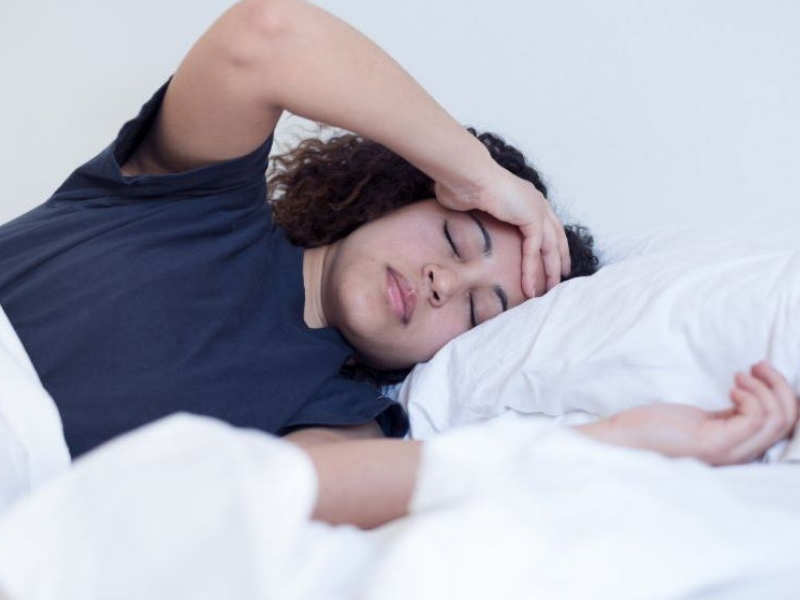

The COVID-19 outbreak has been declared a pandemic by the World Health Organisation (WHO). With the number of cases at 145,000 worldwide, there is a state of panic and fear among everyone. The novelty of the disease also lends to the anxiety and fear about it. Even though, the symptoms mirror that of the flu, the coronavirus infection is nowhere close to what the flu is like. The medical world is well versed with the symptoms, treatments and manifestations of the flu. This is not the case with this new virus. Researchers are still working on a cure. Doctors do not yet know how long the virus can survive within the body before showing symptoms. The utter state of bewilderment has caused everyone to break into panic across the globe.
The WHO has advised everyone to take the necessary precautions and visit a doctor if you begin to experience symptoms. It is advised for everyone with even the slightest symptoms to self-quarantine to limit the spread of the disease. However, is staying at home the best solution? Is that all we can do if we begin to feel sick?
Can everybody be screened?
The first and the biggest hurdle is to determine how many people need to stay quarantined and how many can be asked to stay home. For this, countries require accurate and adequate number of screening booths for people to go and get themselves checked. Accurate tests are not available and not everyone is willing to get themselves tested. If we were to imagine a world where everyone would get themselves tested immediately after they begin to experience symptoms, it would overload the medical system of those countries. We have still not been able to identify specific places where screening can take place. People who wish to get themselves screened are only rushing to their nearest clinics which might not be fully equipped with the necessary tests. Makeshift screening booths can be created in public places and people coming in can be advised to either be escorted to the nearest quarantine hospital or to go home.
Not everyone can just ‘stay home’
There is a larger problem than screening that the world faces. What after everyone has been screened? Not everyone can be asked to stay home. It is wrong to say that people with mild symptoms can be treated under self-quarantine. The term mild symptoms is misleading. Even the mildest of symptoms can and does need medical care. The symptoms of the novel coronavirus disease begin with fever, cough and patients can also show signs of pneumonia. The stages of the symptoms which do not need the support of oxygen are being termed as mild symptoms world over. Anything that requires the body to take the help of oxygen via a ventilator is a severe case of the disease. Critical cases often suffer from respiratory failures or organ failures. It is wrong to assume that people with mild symptoms do not need enough medical attention. However, it is difficult for hospitals to accommodate all those who are suffering from the disease. Countries must come up with better plans to accommodate all patients. Some have already refurbished old malls and even cruise ships to house those suffering from the disease. In cases like these, the patients are provided food and a medical attendant to look after their need, if their symptoms were to worsen.
The economics of social isolation
Many people do not wish to stay at home for the simple reason that they cannot afford to. Staying at home means losing weeks’ worth of money. Therefore, despite feeling ill many people still end up going to work. Now, this also poses a public health issue. If the person does have the disease, is not screened and is still going to work, they increase the chance of others contracting the disease. Governments need to step up in such a case and promise compensations and money for those who have been forced to stay at home due to the pandemic. It is not only the individuals that suffer, but economies also suffer as countries are on complete lockdown. It is not feasible to let everyone keep staying at home. To be able to determine who is fit enough to keep working we need better and faster testing. However, just like all other medical tests, the tests for the coronavirus do not give the most accurate results.
The inaccuracy of the test
The test for the coronavirus is not the most accurate of tests available. It comes down to the sensitivity of the test – how many people who have the virus will be tested positive. The test cannot always tell you that a person does not have the virus. The inaccuracy creates trouble either way. Neither can we let people with the virus who were tested negative be let free, nor can we let people who were testes positive and do not have the virus live in quarantine. Research shows that the current test only has a sensitivity of 30-60%. When multiple tests are conducted, the sensitivity does go up to 71% but it is still not completely reassuring.
The world is grappling with the outbreak of the virus. No one has been able to find definitive answers for all the questions. The best bet is to abide by the advisory of the WHO and take necessary steps to do your bit to help stop the pandemic from spreading further.
read the full story about Coronavirus: What can you do if you start to feel sick?
#theheadlines #breakingnews #headlinenews #newstoday #latestnews #aajtak #ndtv #timesofindia #indiannews

Leave a Reply